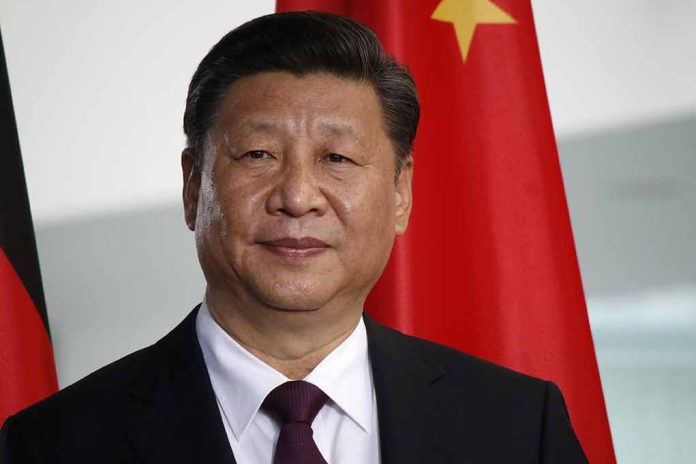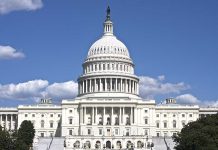
Eli Lilly and Pfizer are at the center of a controversy involving clinical trials conducted at hospitals tied to the Chinese army. The trials reportedly took place in Xinjiang, a region notorious for human rights abuses committed against Uyghur Muslims.
The allegations suggest that experimental drugs were tested on detainees in illegal Chinese concentration camps. These revelations have ignited a global debate over the ethical guidelines and human rights practices of these companies. The pharmaceutical giants now face scrutiny from lawmakers and watchdog organizations.
Concerns Surrounding Ethical Standards
Lawmakers have pressed for greater transparency and accountability from Eli Lilly and Pfizer. A bipartisan group of Congress members sent a letter to the FDA, seeking clarity on these clinical trials. The lawmakers highlighted that some trials were conducted in areas where the CCP is accused of committing genocide, raising severe ethical and data integrity concerns.
“We believe that U.S. biopharmaceutical entities could be unintentionally profiting from the data derived from clinical trials during which the CCP forced victim patients to participate.”
Pfizer and Eli Lilly accused of testing drugs on prisoners in Chinese concentration camps https://t.co/XWfCOPLTky pic.twitter.com/cewzFfjxnk
— Daily Mail Online (@MailOnline) August 21, 2024
Bipartisan Legislative Actions
The House Select Committee on the CCP is preparing to vote on the BIOSECURE Act, which aims to suspend contracts with Chinese biotech firms posing national security risks. This move underscores the urgency amongst lawmakers to address potential collaboration between US pharma companies and Chinese military-run hospitals.
“engaged in genocide of the Uyghur population”
The committee’s letter to FDA Commissioner Robert Califf emphasizes that Eli Lilly and Pfizer’s involvement with the PLA (People’s Liberation Army) hospitals could jeopardize both ethical standards and intellectual property. The lawmakers are worried about data security and claim China’s activities amount to forced participation, which could significantly undermine the credibility of any research findings.
Corporate Response and Future Implications
Eli Lilly has stated their commitment to diversity and stringent ethical standards in their research. “Lilly conducts clinical trials around the world to ensure diversity in our research and increase access to our medicines. Lilly is committed to IP protections, and we conduct robust assessments of our partners to ensure they meet Lilly standards for research and data privacy. Further, we oversee their activities when conducting clinical trials to ensure quality and data integrity.”
Meanwhile, Pfizer maintains its ethical stance on human rights issues. “Pfizer is committed to conducting business in an ethical and responsible manner. This includes respecting internationally recognized human rights throughout our operations.”
As the world watches, these allegations could potentially shift how major pharmaceutical companies conduct international clinical trials. The FDA has until October 1 to respond to the lawmakers’ demands for a thorough investigation into these grave concerns.













